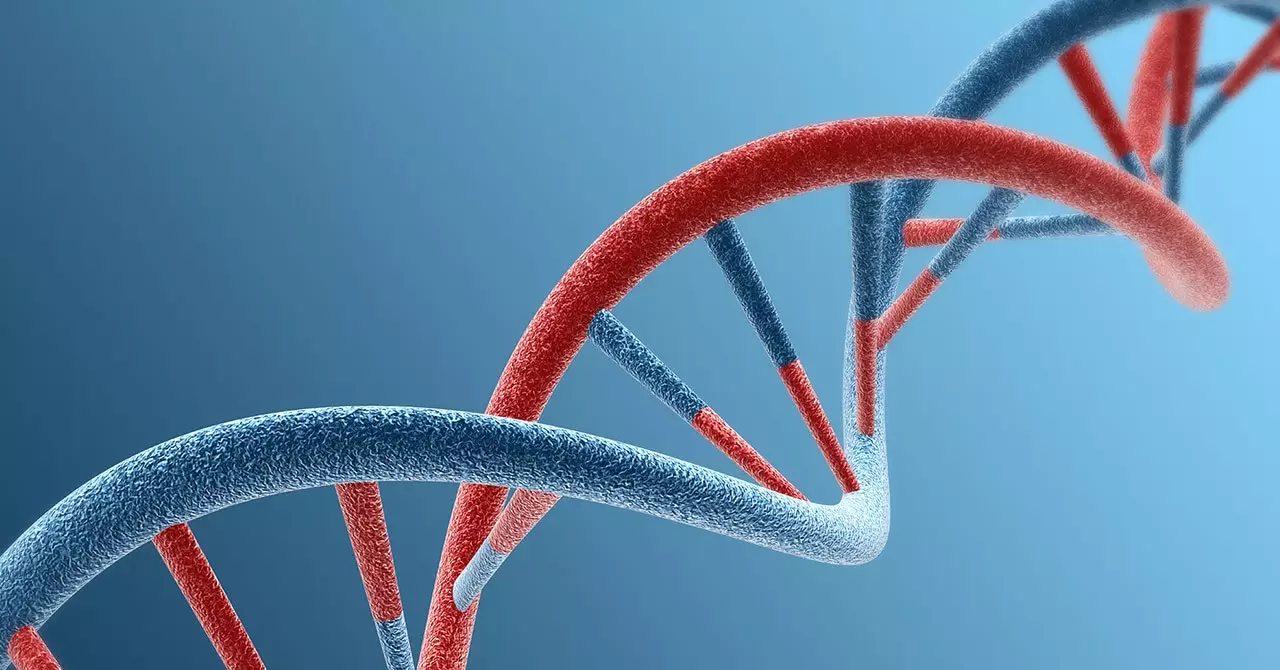In response to growing concerns about the potential risks associated with synthetic DNA, the White House recently issued new rules aimed at companies that manufacture such genetic material. This move comes after years of warnings that a pathogen created with mail-order genetic material could unintentionally or intentionally lead to the next pandemic. The rules, released on April 29, are the result of an executive order signed by President Joe Biden last fall. These rules establish new standards for AI safety and security, including AI applied to biotechnology.
Artificially generated DNA has revolutionized the field of biotechnology, allowing researchers to conduct a wide range of experiments and developments without the need to extract natural sequences from organisms. With synthetic DNA, scientists can develop diagnostic tests, create beneficial enzymes to break down plastic, or engineer powerful antibodies to combat diseases. The process of DNA synthesis has been possible for decades, but recent technological advancements have made it increasingly easier, cheaper, and faster to create custom gene sequences.
One of the main concerns surrounding synthetic DNA is the possibility of creating organisms, particularly viruses, that could pose a threat to humans or other living beings. As gene synthesis technology has improved and become more accessible, the risk of malicious actors creating dangerous pathogens from scratch has become a growing concern. The ability to order genetic building blocks and assemble them into a complete pathogen raises serious biosecurity issues that need to be addressed.
The new rules issued by the White House aim to prevent such scenarios from occurring. DNA manufacturers are now required to screen purchase orders to identify “sequences of concern” that could contribute to an organism’s toxicity or disease-causing potential. This screening process helps assess the legitimacy of customers and ensures that potentially harmful sequences are flagged and dealt with accordingly. While these rules currently apply to scientists or companies that receive federal funding, they represent a significant step forward in improving biosecurity measures in the field of DNA synthesis.
While many DNA providers already follow screening guidelines issued by the Department of Health and Human Services, there are still challenges to ensuring widespread compliance. The rules only apply to federally funded entities, meaning that organizations with private sources of funding are not obligated to use companies with screening procedures in place. Additionally, the voluntary nature of existing measures, such as those outlined by the International Gene Synthesis Consortium, means that not all companies in the industry adhere to best practices.
The new rules issued by the White House for synthetic DNA manufacturers are a step in the right direction towards enhancing biosecurity and mitigating the risks associated with advanced biotechnology. By raising awareness of potential threats and implementing preventive measures, the government is taking proactive steps to protect public health and safety. However, continued efforts will be needed to ensure widespread compliance and address emerging challenges in this rapidly evolving field.


Leave a Reply